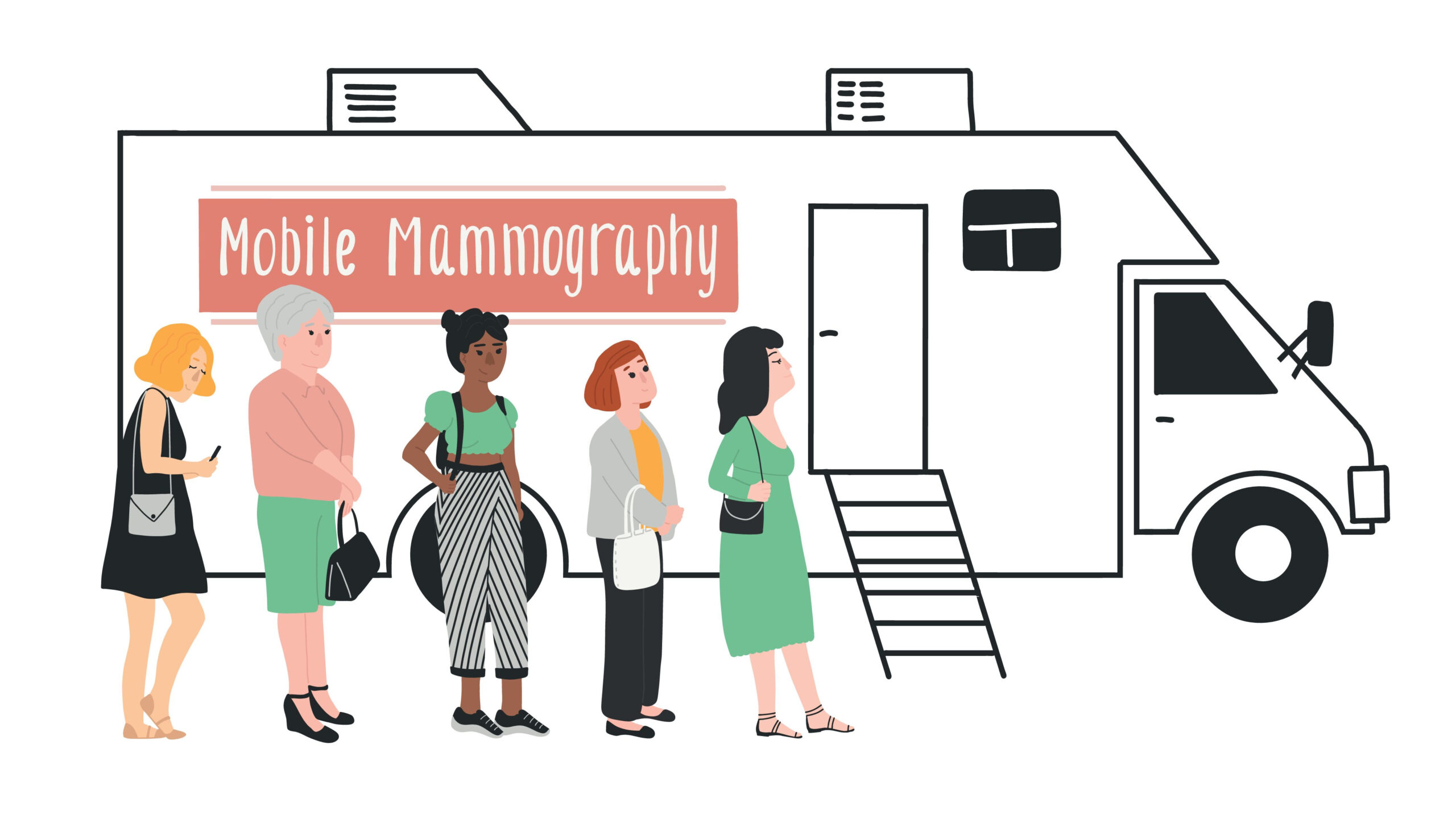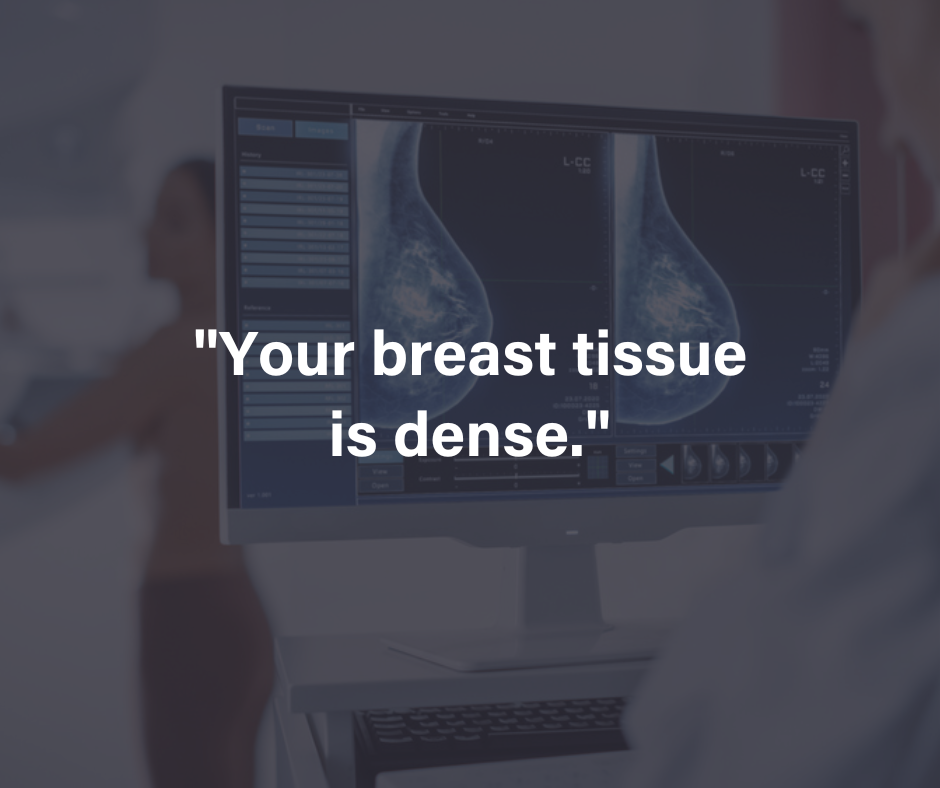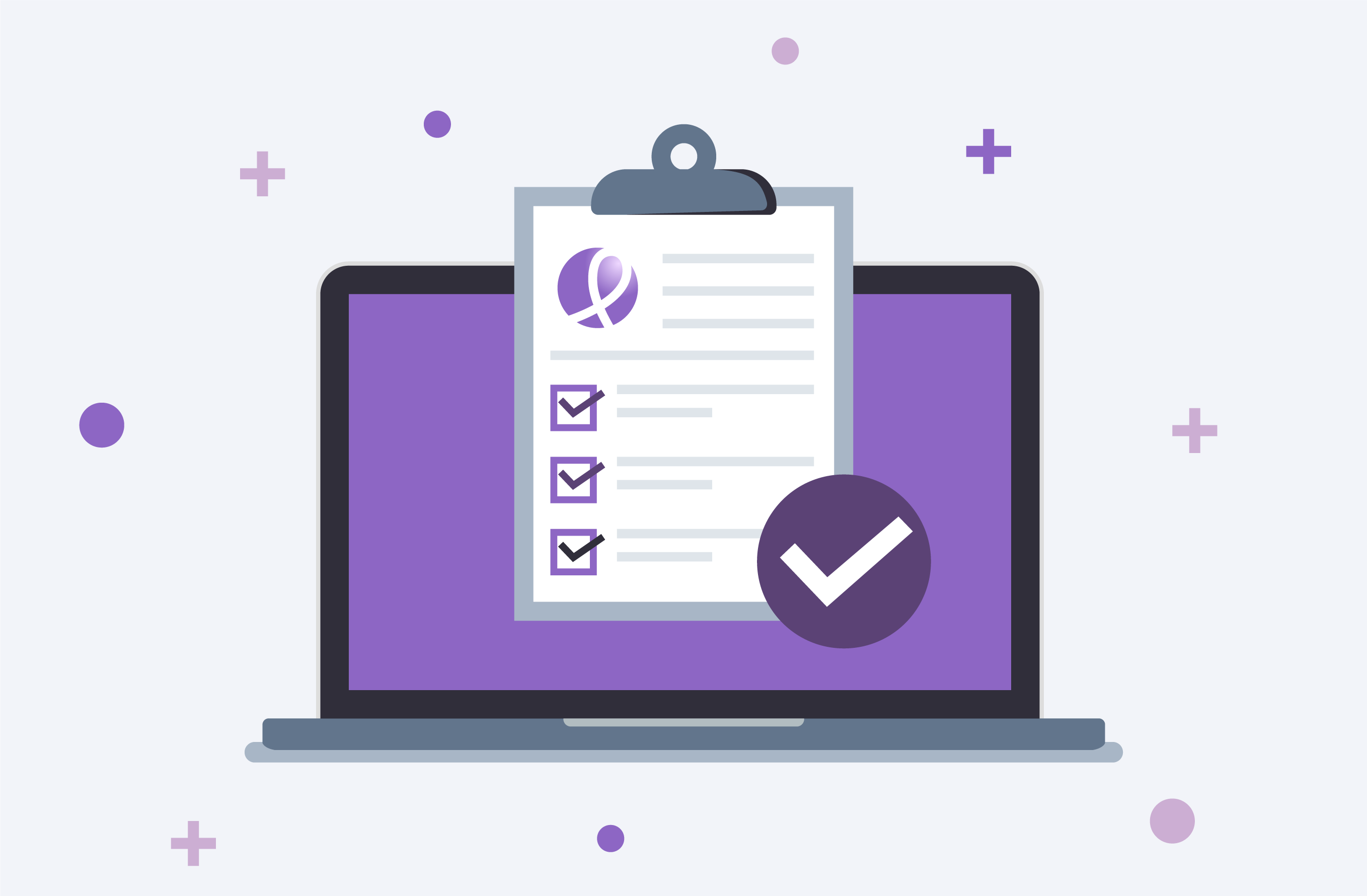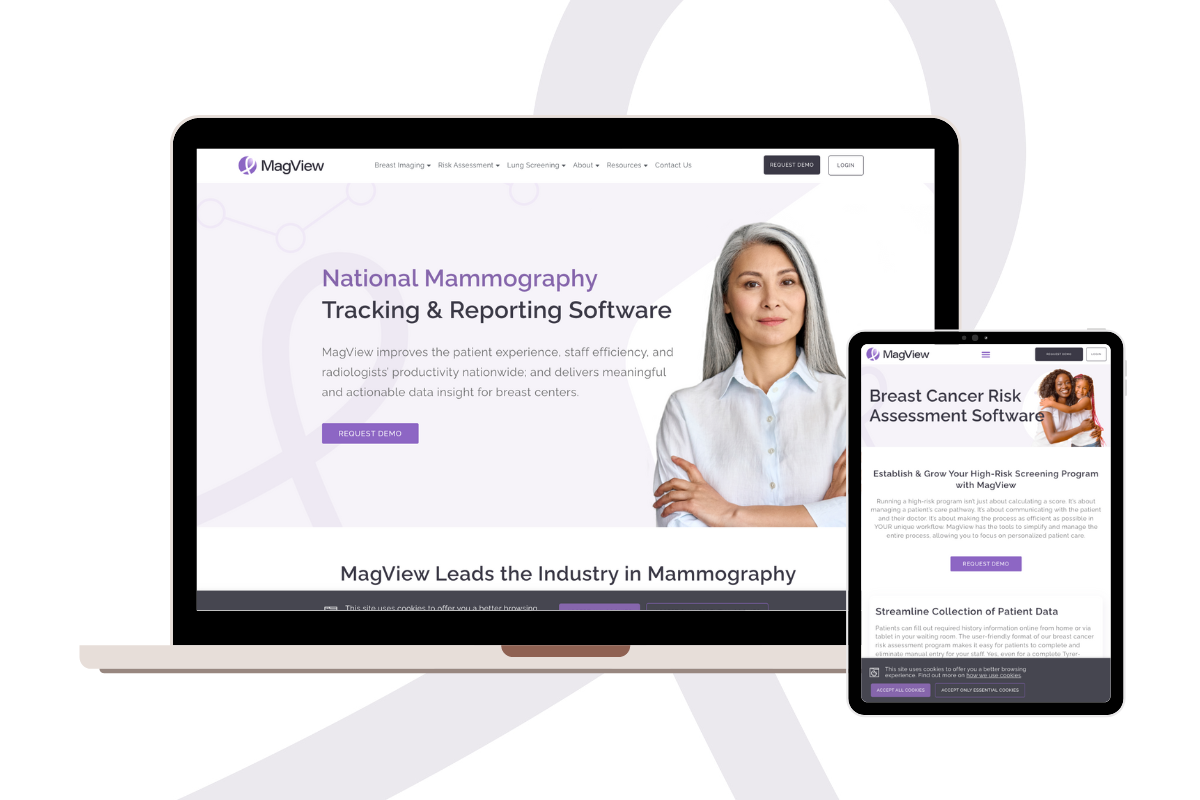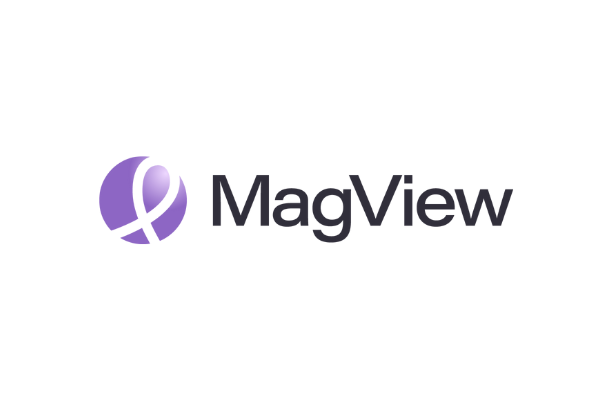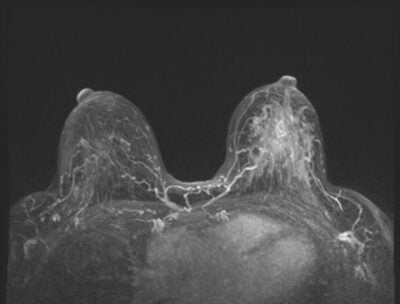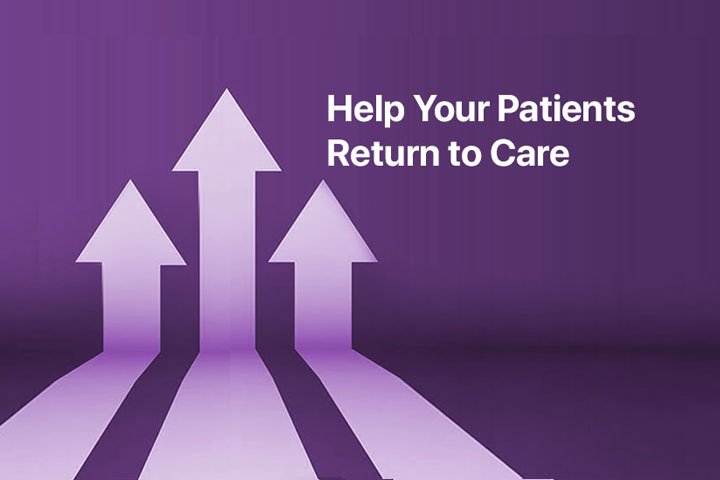Artificial Intelligence (AI) has sparked a lot of debate in the healthcare industry. There are skeptics who feel that AI will never be able to competently replace the human element. Some proponents, however, are already touting the benefits of incorporating AI into their daily operations.
In a recent article published by Healthcare IT News, the University of Rochester revealed how AI-backed tracking software has helped them to resolve more follow-ups than before. After deploying a new tracking module to six hospitals, they are now reporting 91% of recommendations being satisfactorily closed, resulting in an 80% increase in their staff’s ability to close the patient care loop.
According to their initial findings, they have seen a 29% increase (from 55% to 71%) in the recommended examination completion rate. They further found a 74% reduction in the risk of delayed diagnosis for their patients.
There are many factors for why a follow-up gets missed, including communication gaps, manual tracking, and data errors. this leads to delays in treatment, missed appointments, and upgrades in initial diagnosis.
One need not look further than mammography to see these problems first-hand. One example the university pointed out was the difference between a stage 1 and stage 4 cancer diagnosis, with a 50% or greater survival impact.
MagView’s AI-powered Follow-Up Tool
For these reasons, MagView has developed an integrated AI solution for follow-up tracking. The result is worklists that sort patients into categories based on their likelihood to follow up on their next appointment.
By using an algorithm based on prior follow-ups, MagView can determine a patient’s propensity to return for their next screening, diagnostic or other exam. It separates the patient population by these categories to allow navigators to focus their energies more closely on the group less likely to return.
Keep watching the MagView blog and the main website for more news about the upcoming release of this AI-powered tool.



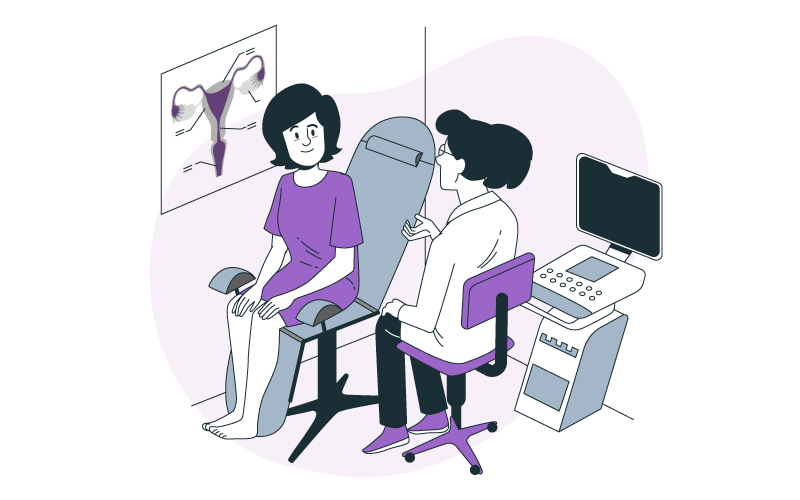

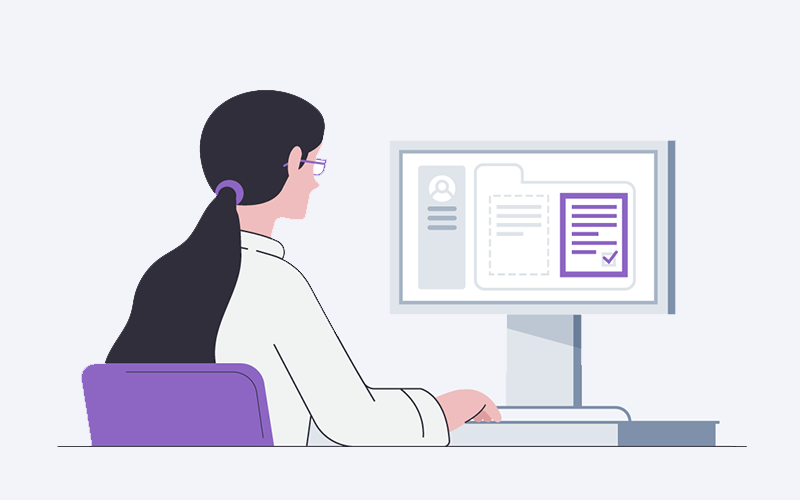


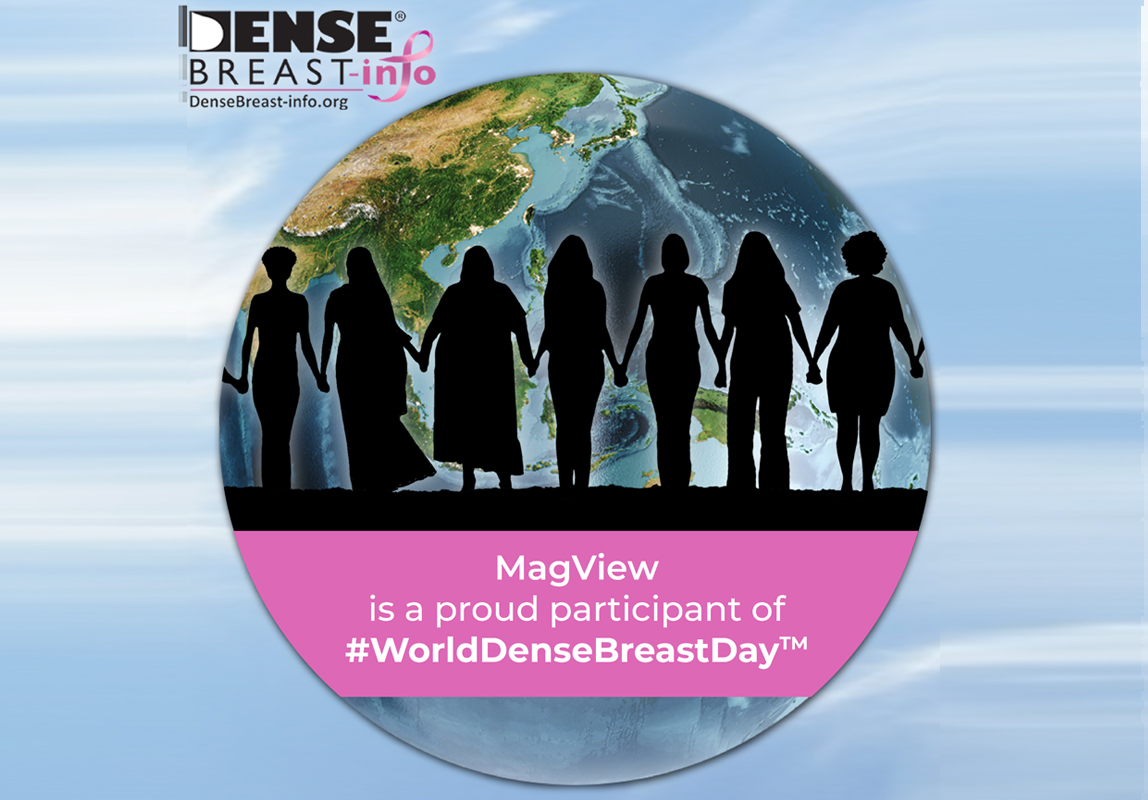
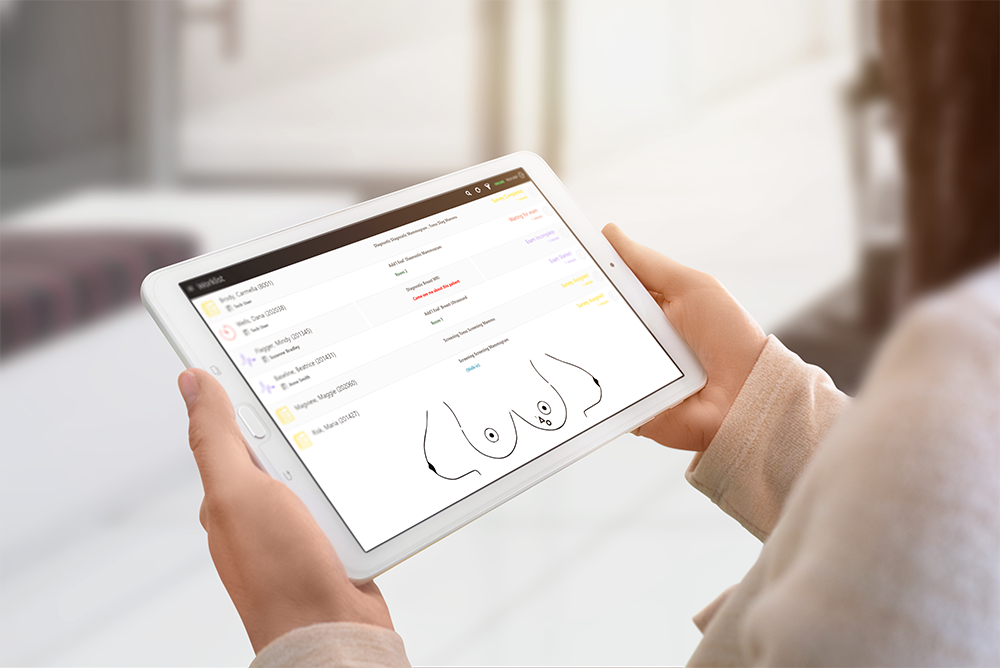
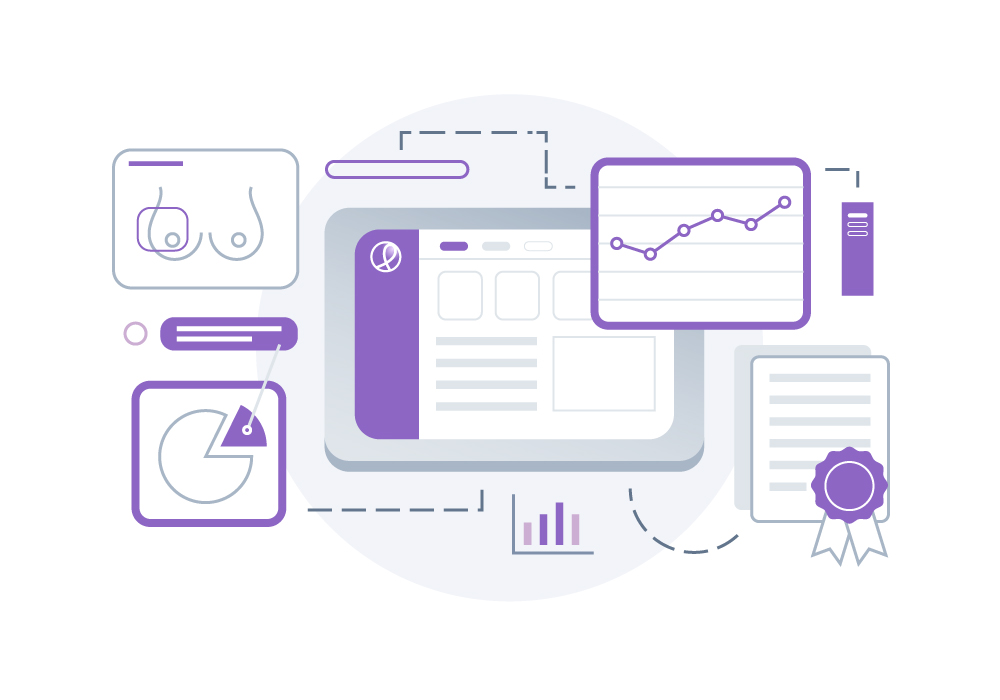
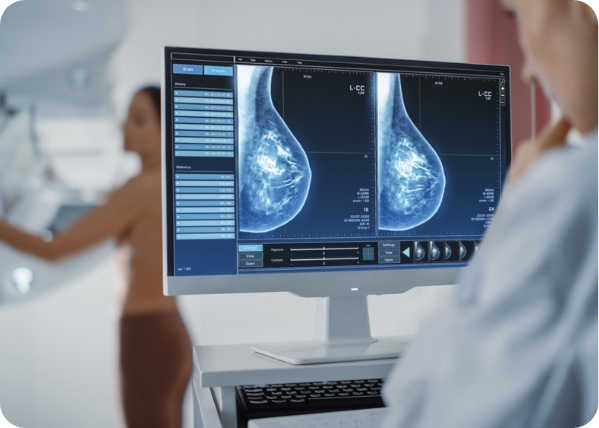

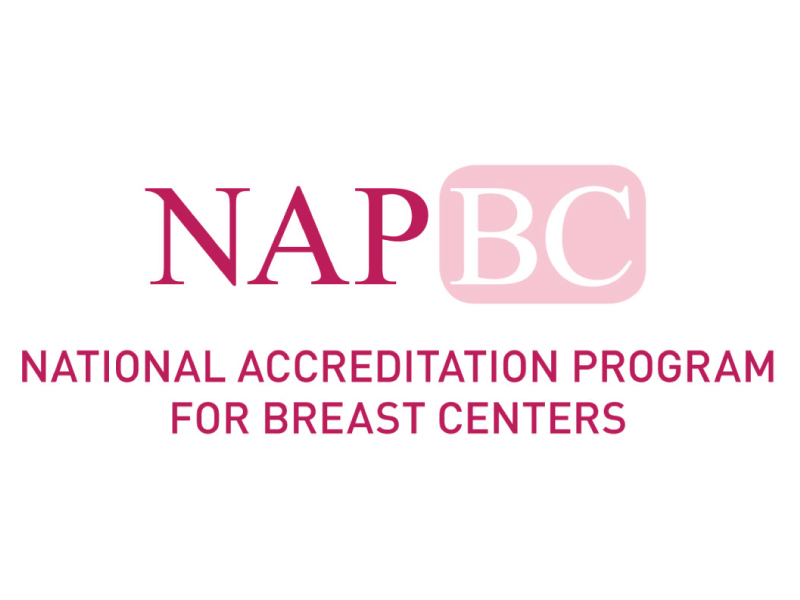
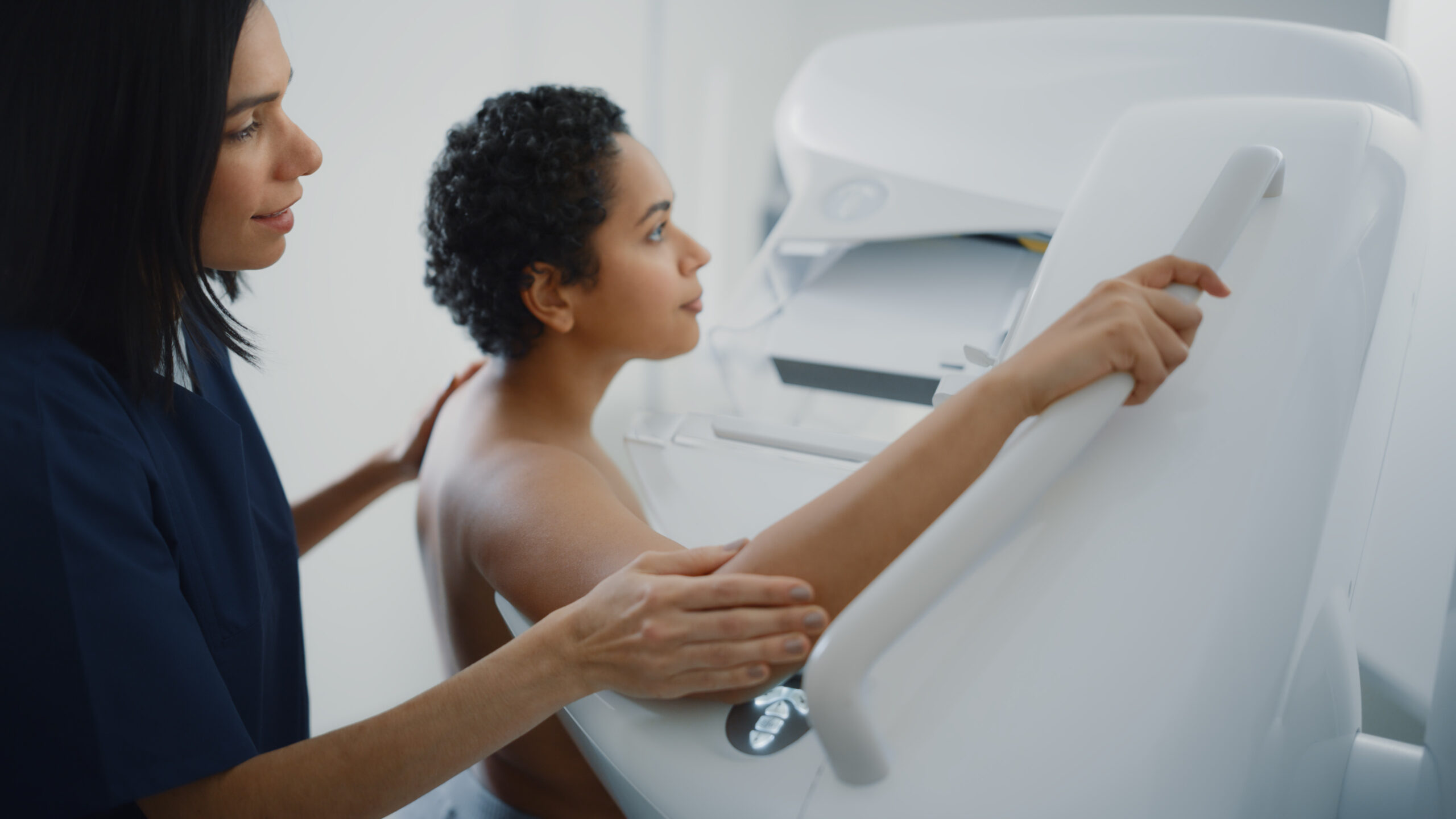
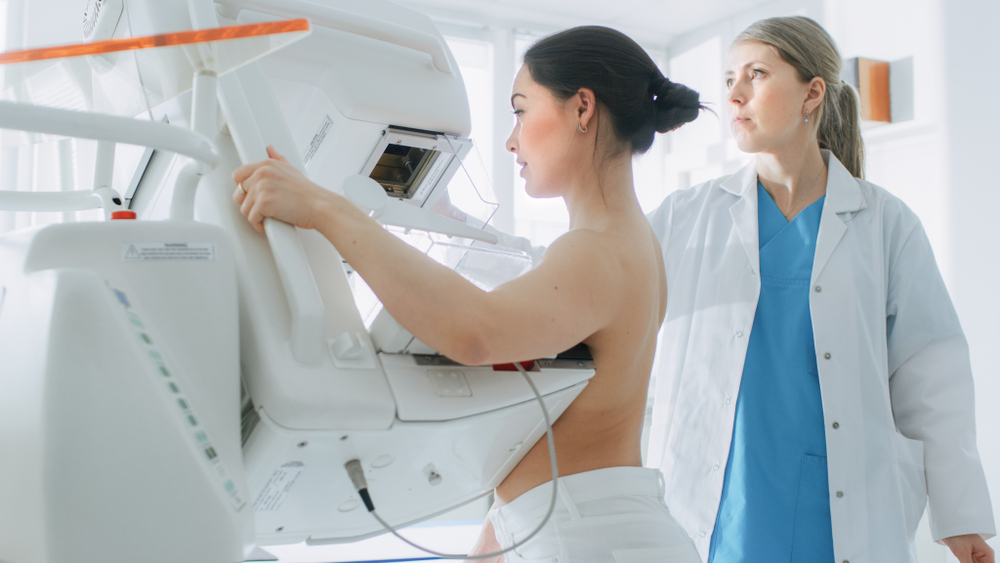
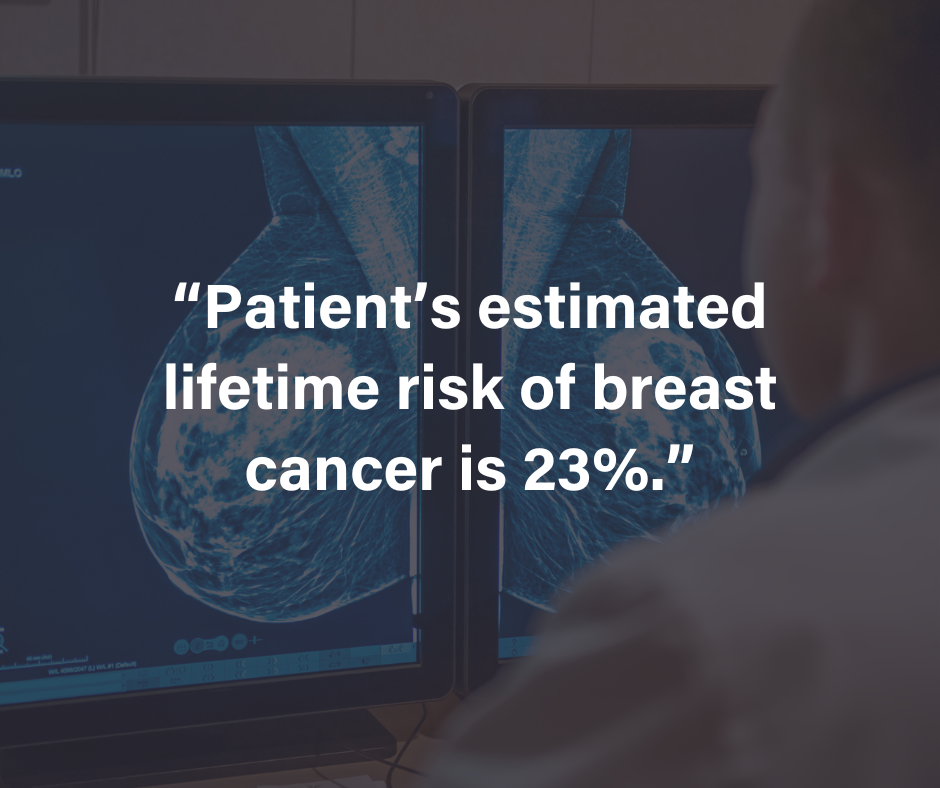
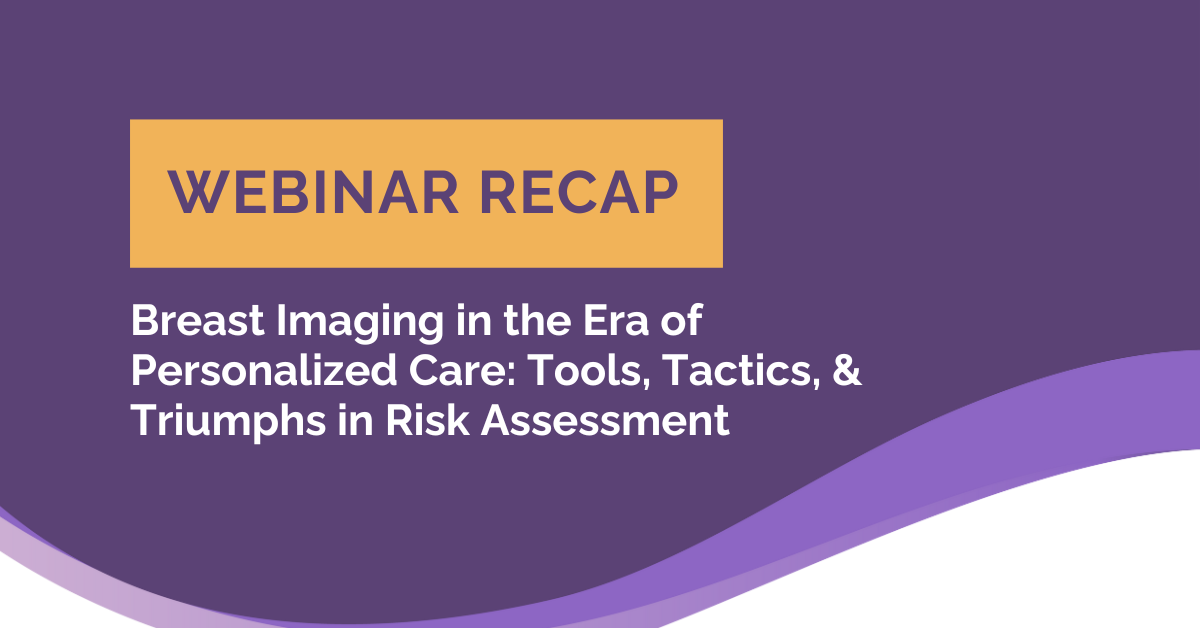
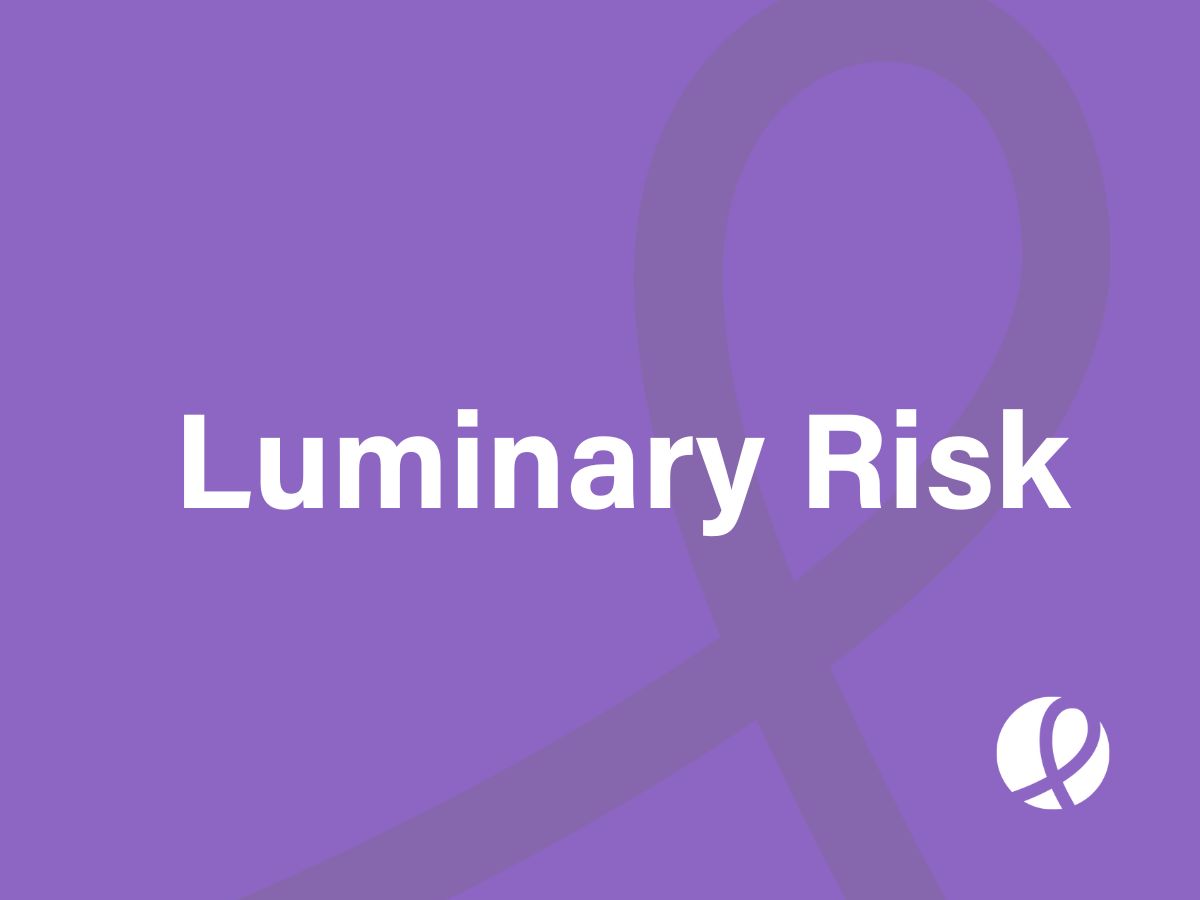


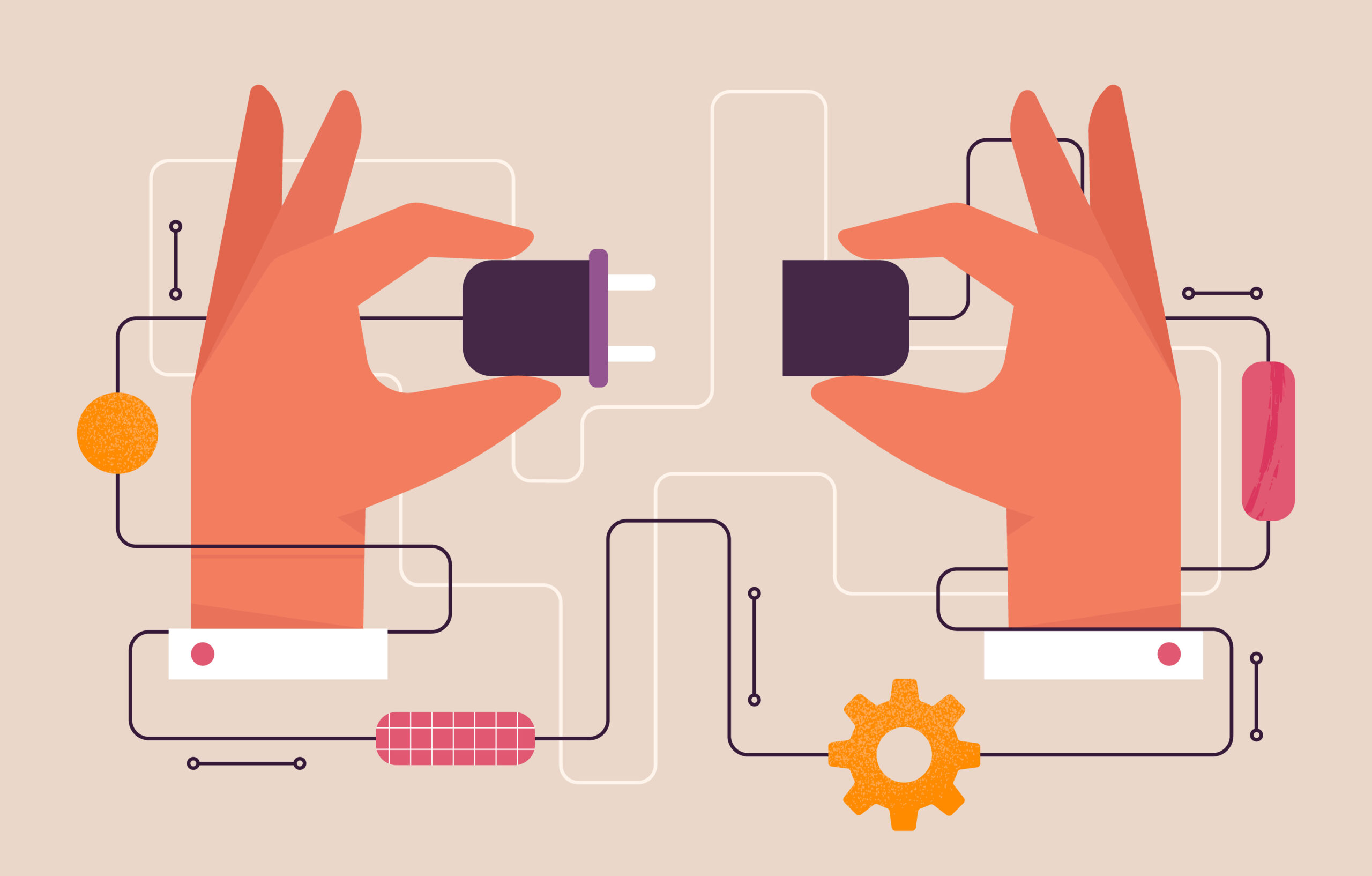
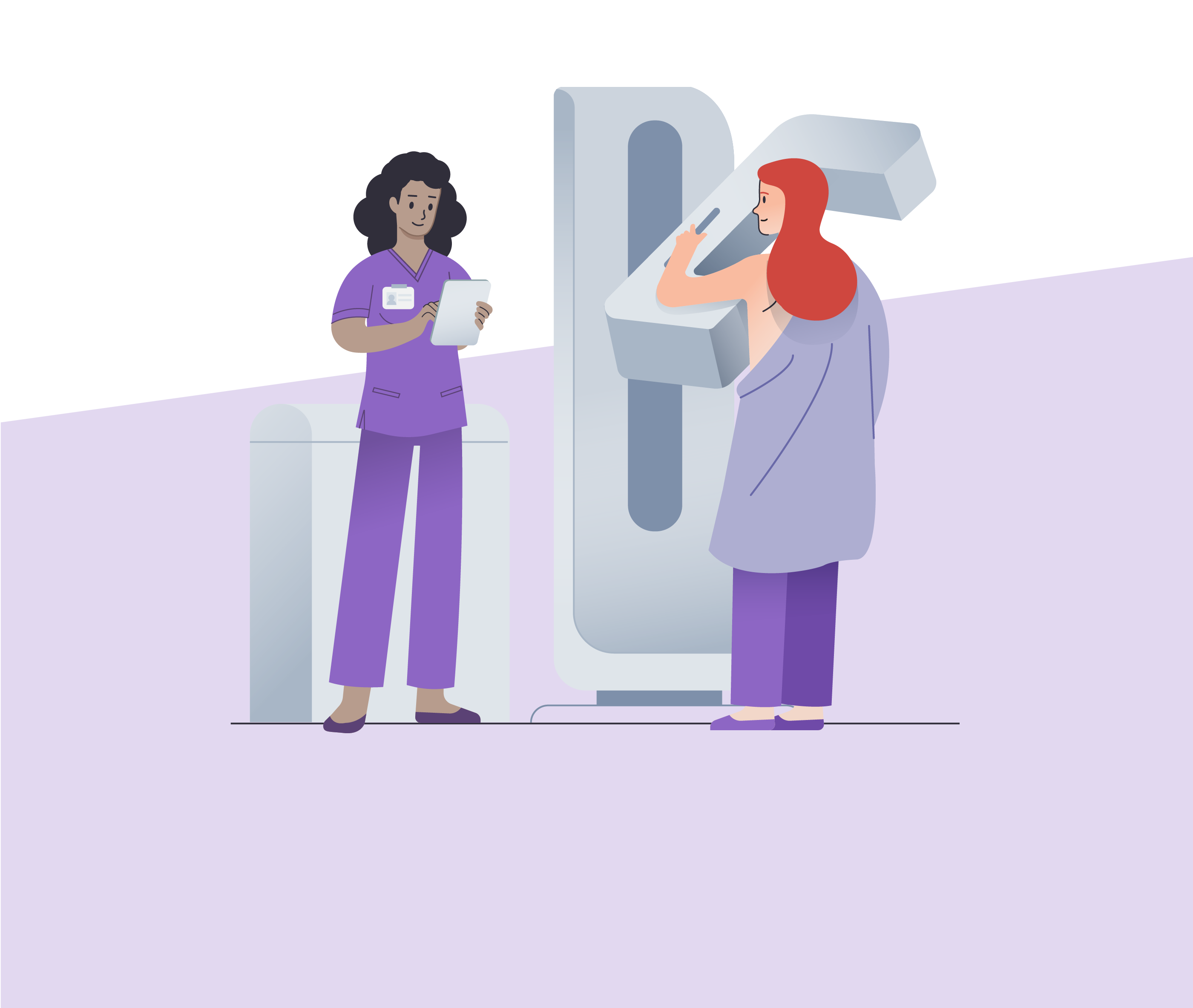

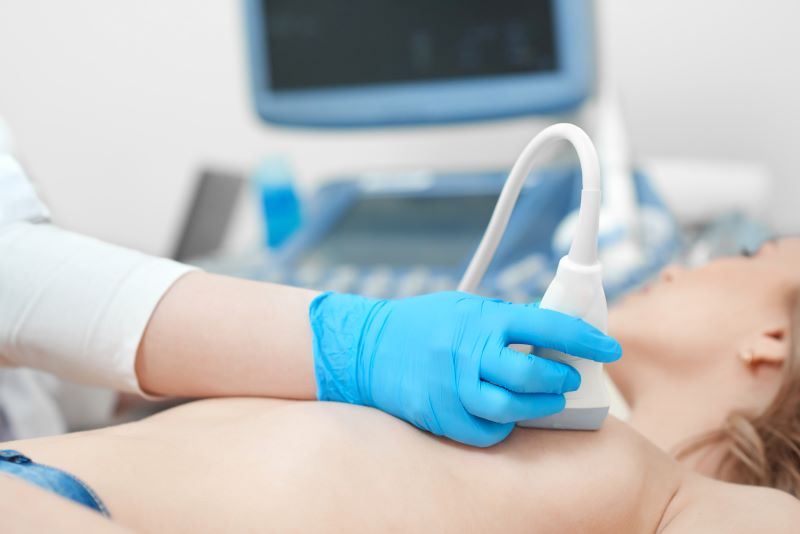
![monitoring breast density shutterstock_1299510538-[Converted]](https://magview.com/wp-content/uploads/2023/05/shutterstock_1299510538-Converted.jpg)
